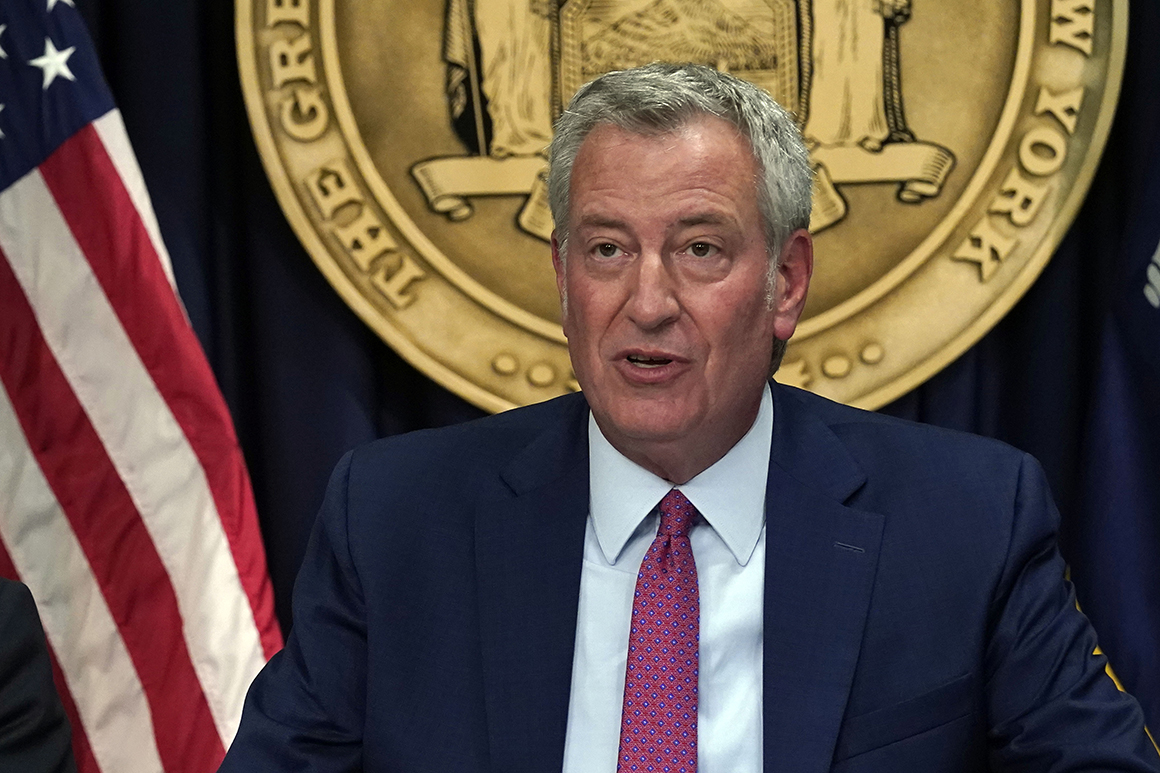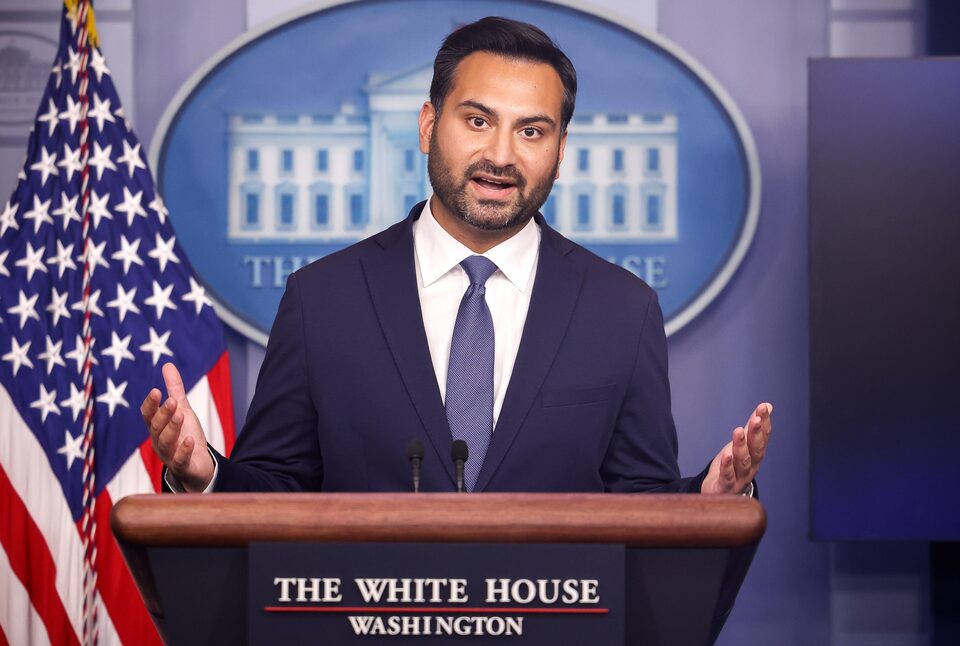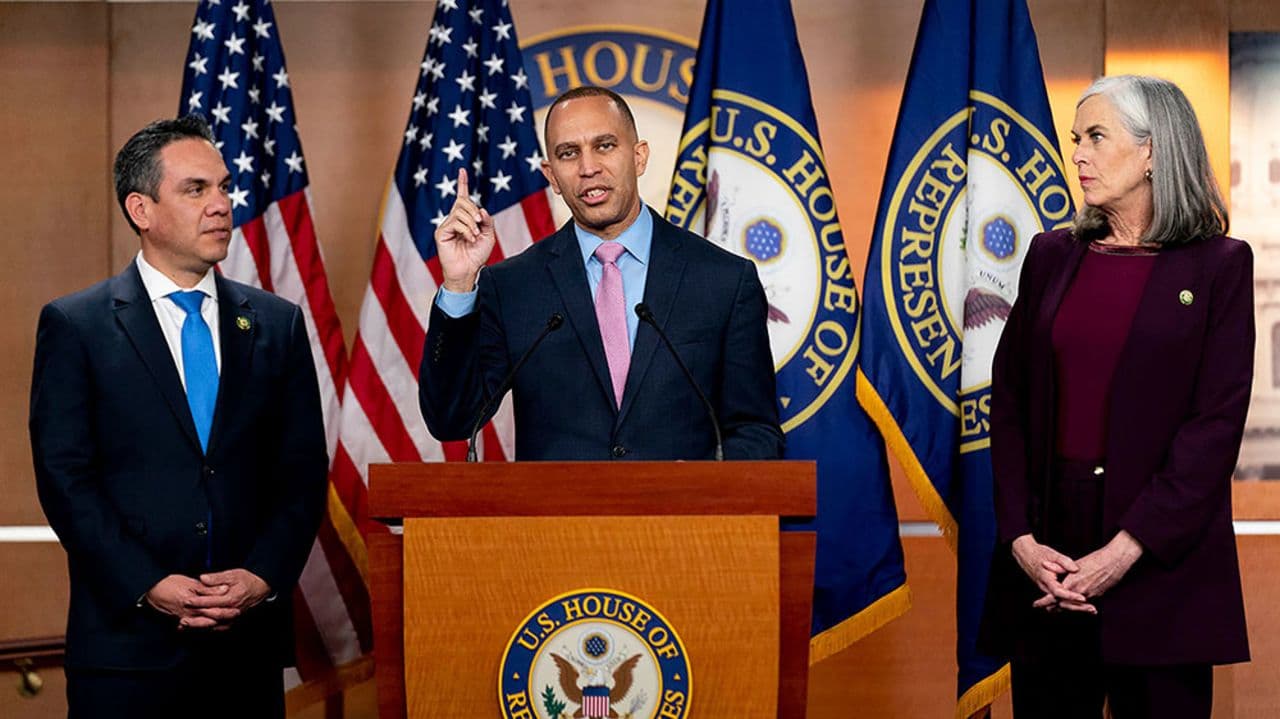The growing climate crisis is not just an environmental issue; it is a profound social justice catastrophe. With 26% of Americans now openly rejecting the goals of climate justice, as reported by Yale University, we are at a critical juncture where public perception could stall vital progress. This statistic highlights the urgent need for targeted education and outreach that emphasizes the interconnectedness of climate action and social equity.
Public Opinion on Climate Justice is Starkly Divided
According to recent surveys, a significant portion of the population remains ambivalent or outright opposed to climate justice initiatives. This division is particularly pronounced along political lines, with 90% of liberal Democrats supporting mitigation efforts compared to only 38% of Republicans, as highlighted in the Fall 2023 report. This stark contrast illustrates a disturbing trend where climate action has become a partisan issue rather than a universal call to arms.
Vulnerable Communities Bear the Brunt of Climate Inaction
The consequences of climate inaction hit hardest in marginalized communities, often those least responsible for the crisis. Vulnerable populations are disproportionately affected by extreme weather events, rising sea levels, and air pollution. As noted in research by PMC, these communities are in dire need of comprehensive and equitable strategies to foster resilience. When public opinion dismisses the necessity of climate justice, it is these vulnerable groups that suffer the most.
\n\n
De Blasio became NYC mayor with high hopes, leaves with ...
Environmental Justice Movements Demand Accountability
The environmental justice movement has long called for accountability from those who contribute most to climate change. Activists emphasize that without addressing the systemic inequalities at the heart of environmental policies, we cannot hope for a sustainable future. This call for justice is echoed in a study published by PMC, which highlights the necessity of aligning climate action with social justice to combat the past and ongoing injustices that plague our world.
The Need for a Unified Climate Justice Agenda
As public sentiment remains divided, it is crucial for climate justice advocates to unite diverse communities around a shared vision of environmental equity. Initiatives that promote understanding of the climate crisis as a social justice issue are vital. Reports by Yale University indicate a potential for outreach strategies that can shift perceptions. By framing climate justice as a matter of human rights, advocates can galvanize support across political spectrums.
\n\n
Biden revamps White House climate team with Podesta, Zaidi in top roles ...
Confronting the Consequences of Climate Denial
The rejection of climate justice not only perpetuates environmental degradation but also stalls critical policy advancements. As political divisions deepen, the opportunity for bipartisan climate solutions fades. According to a recent analysis, 19% of Americans actively oppose climate justice initiatives, a number that signals a need for urgent action and dialogue. We cannot afford to ignore the implications of such denial, as it threatens both our ecosystems and our social fabric.




![[Video] Pope Leo XIV condemns anti-Christian violence in Nigeria, Bangladesh, and Damascus](/_next/image?url=%2Fapi%2Fimage%2Fthumbnails%2Fthumbnail-1768006244320-mmtpte-thumbnail.jpg&w=3840&q=75)


![[Video] Gunfire between Iraqi security forces and Sadr militias in Baghdad](/_next/image?url=%2Fapi%2Fimage%2Fthumbnails%2Fthumbnail-1768343508874-4redb-thumbnail.jpg&w=3840&q=75)
